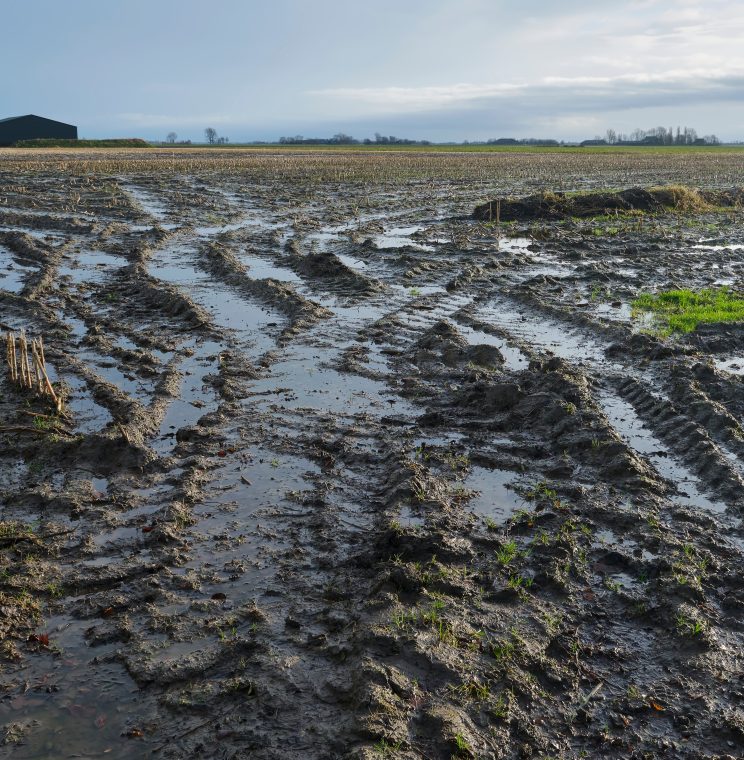Ecorys study on socially inclusive transition to smart cities
The smart transition has been a reality across cities and communities for decades, and has rapidly advanced in recent years. The speed of the digital transition to which it is closely linked, the recognition of the need to build a more inclusive and connected society, as well as the deployment of new ways of working and learning hastened by the COVID-19 pandemic has made that happen. Nonetheless, no transformation comes without costs. Ecorys, together with IDATE Digiworld and Fraunhofer FOKUS, conducted a recently published study in 2022 for the Scientific Foresight Unit (STOA) of the European Parliament that explored the main impacts of such a transition on our cities and, in particular, on citizens. To that end, it identified policy measures to mitigate such risks, and best practices that allow for a socially responsible transition.
A smart city and its challenges
Our study developed a framework to deconstruct the concept of a smart city into five components: smart & safe living, smart governance and e-citizen, smart mobility, smart environment and smart economy. For each component, we analysed a number of concrete applications, or ‘use cases’. In our analysis, we mapped the impacts of use cases across different demographic groups and territorial scales, and we identified the most prominent risks, which can be generally clustered under six core macro-challenges:
- Privacy, surveillance, cybersecurity and safety aspects,
- Data loss, inaccuracy, lack of reliability and interoperability issues,
- Digital inequality and exclusion,
- Financial (or other) burden for authorities and service providers,
- Economic damage and inequalities,
- Lack of trust or approval in the service and/or service provider,
These are complemented by two cross-cutting challenges:
- Loss of human contact and isolation through remote care, work, training and shopping,
- Potential dependency on private technology providers and vendor lock-in.
European best practices and observations
Beyond identifying impacts and challenges, we mapped best practices across European cities to tackle the abovementioned challenges. In assessing and evaluating successful best practices, we noted that best practices are a valuable instrument for inspiring and promoting the upscale and replication of promising solutions, but we made the following observations:
- Funding sources are diverse, from public funding to venture capital to shared resources by participating companies. However, the good news is that several practices are relatively easy to adopt and do not require a high budget;
- There is rarely any monitoring and evaluation structure in place to assess the impact and overall evaluate the success of these solutions;
- Best practices often remain at a pilot stage, there is generally no scale-up or sustainability strategy in place once they are designed and implemented.
Policy recommendations
Based on the insights gained from the best practices and building on our understanding of the risks and challenges that cities face, we have developed the following set of policy options to inform EU policy design and legislation:
- Set up a supervisory body for certification and quality assurance of the digital infrastructure in cities;
- Strengthen the role of national contact points (NCPs) to further link EU and local realities and support capitalisation and upscale;
- Set up helpdesks for less digitalised cities;
- Reinforce capacity building of public administrations to strengthen digital skills and promote capitalisation through peer-to peer exchanges;
- Research and provide further evidence on the benefits and costs associated with remote working and service provision in cities;
- Create a knowledge platform for best practices to support replicability and scale-up of inclusive smart city solutions.
If you are interested in more information, please read the full report (pdf) and the relevant options brief (pdf), or contact Agnese Macaluso or Alessandro Gasparotti (consultants Resilient Economies),

16 March 2023
3 minute read
Key Experts
Agnese Macaluso
Principal Consultant
Alessandro Gasparotti
Consultant



